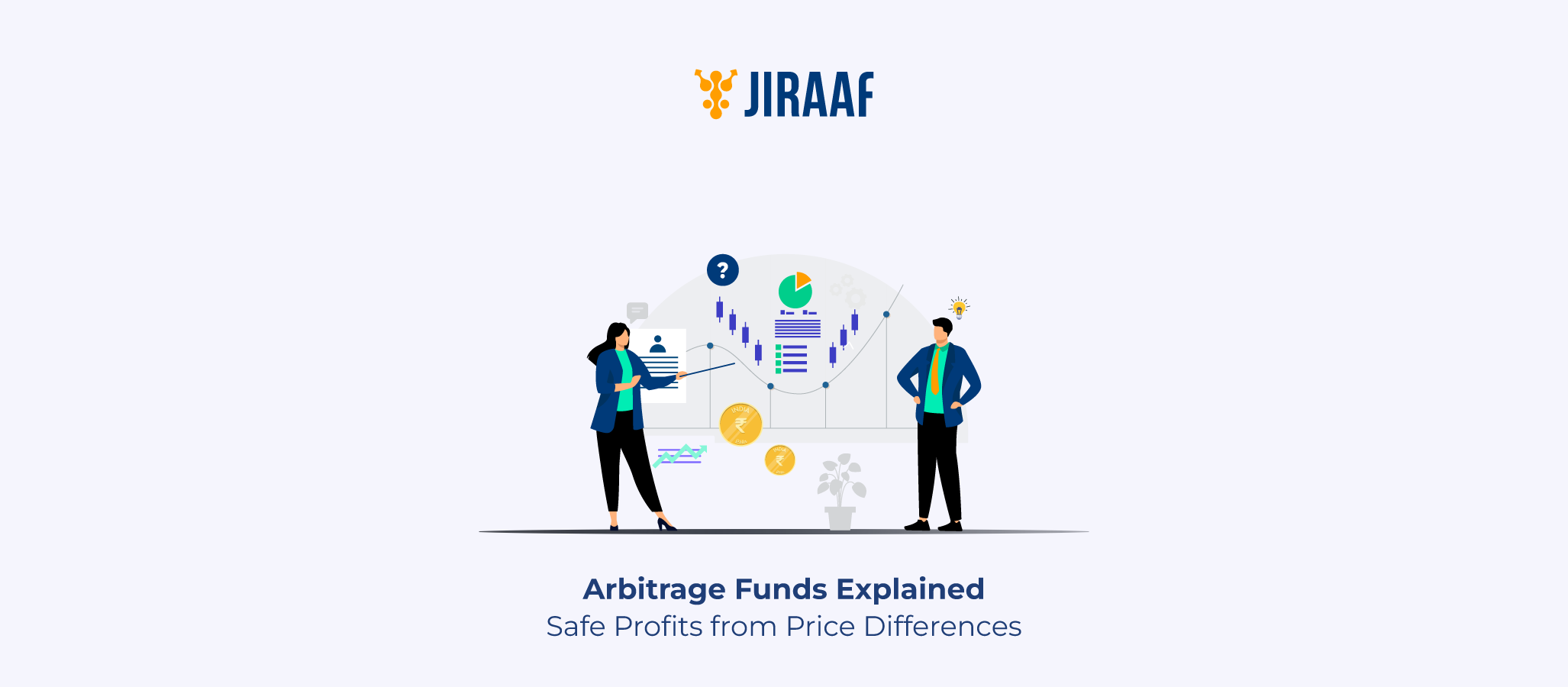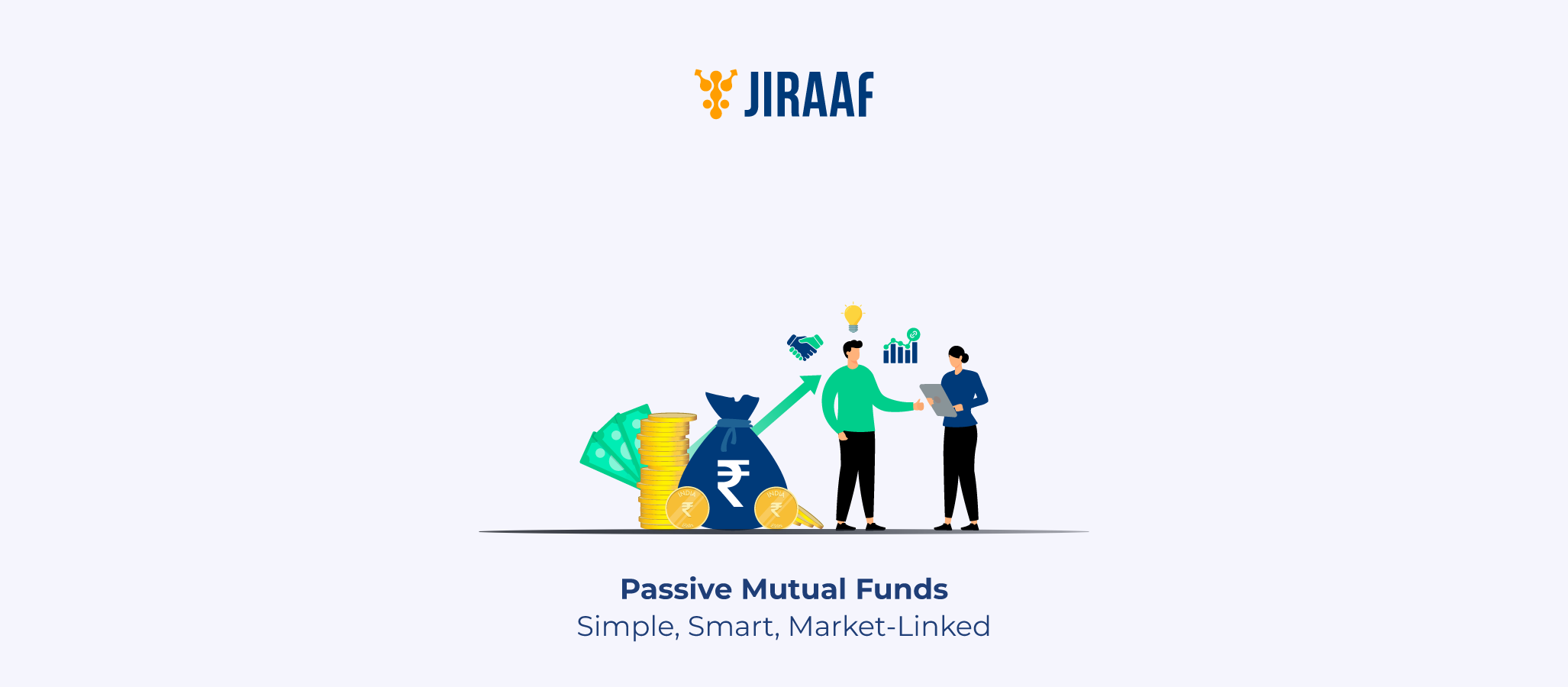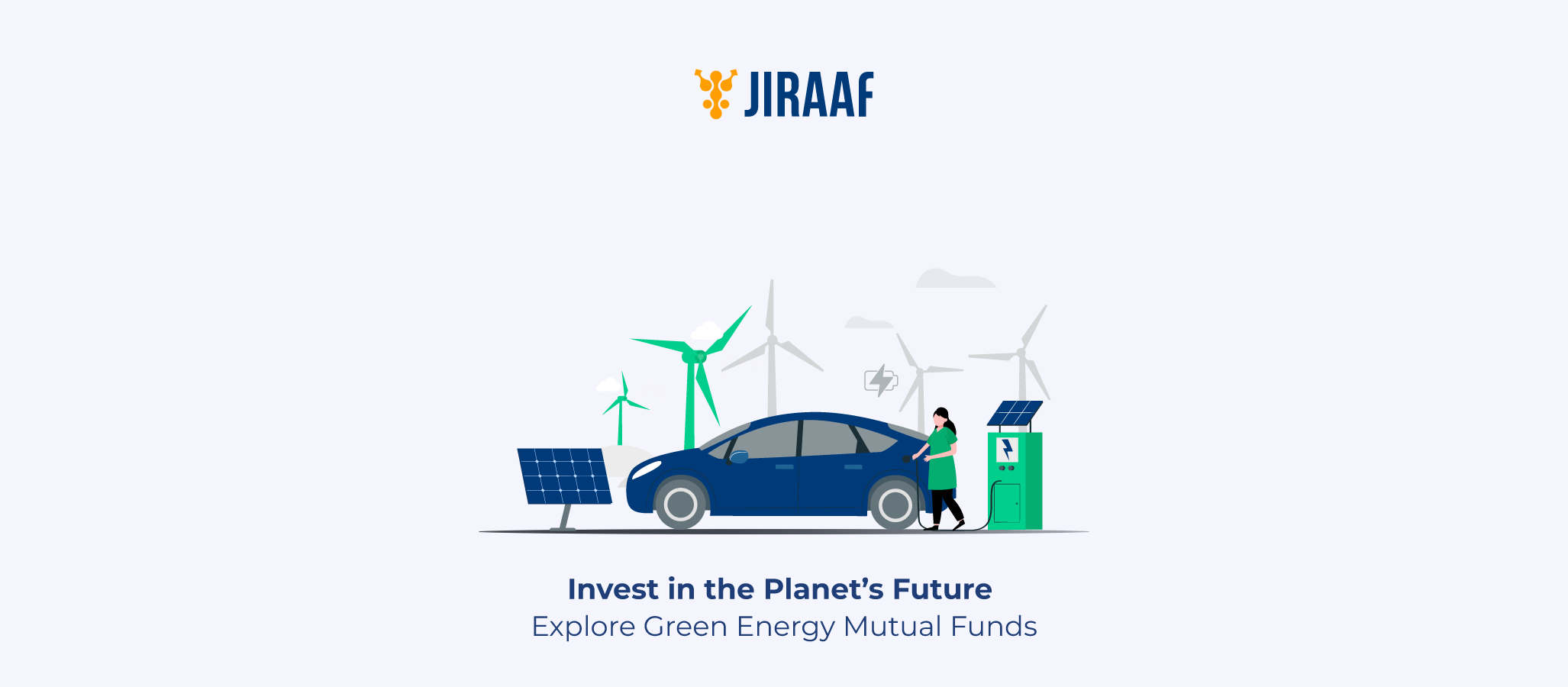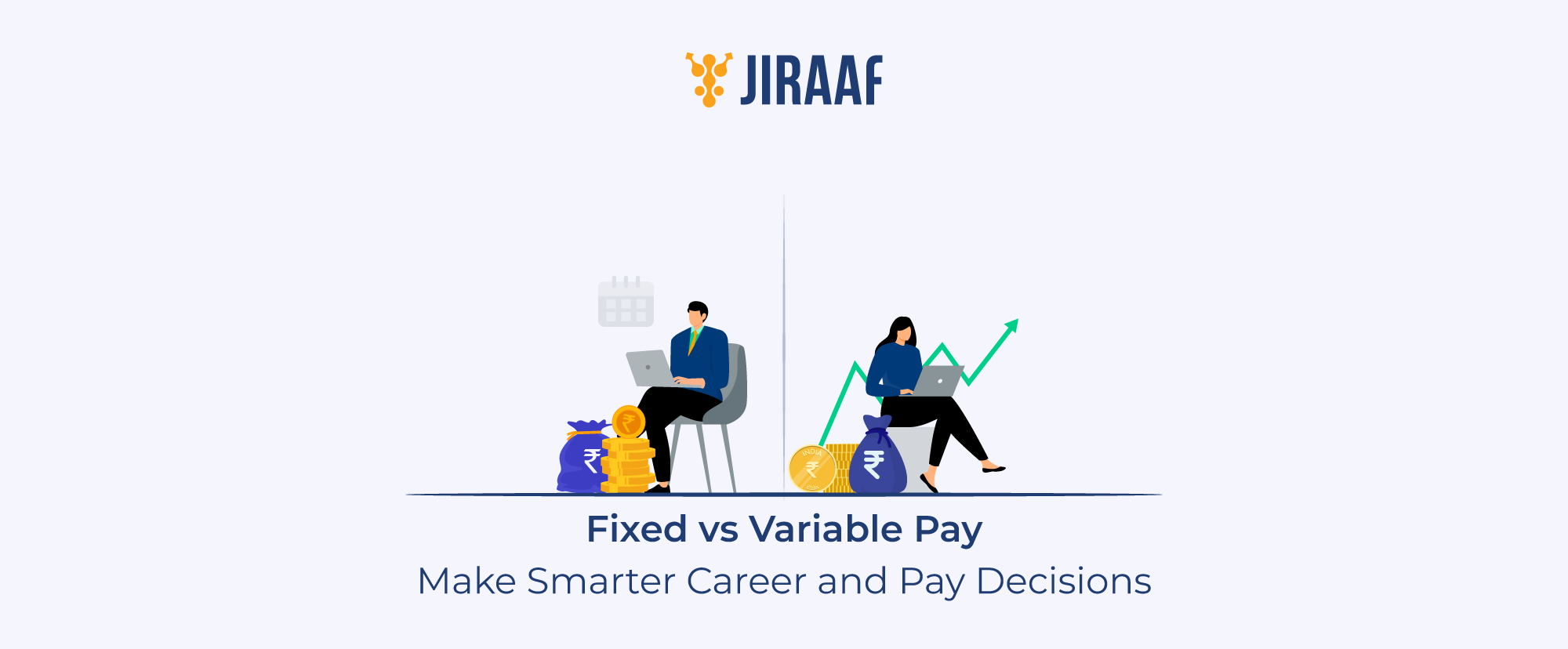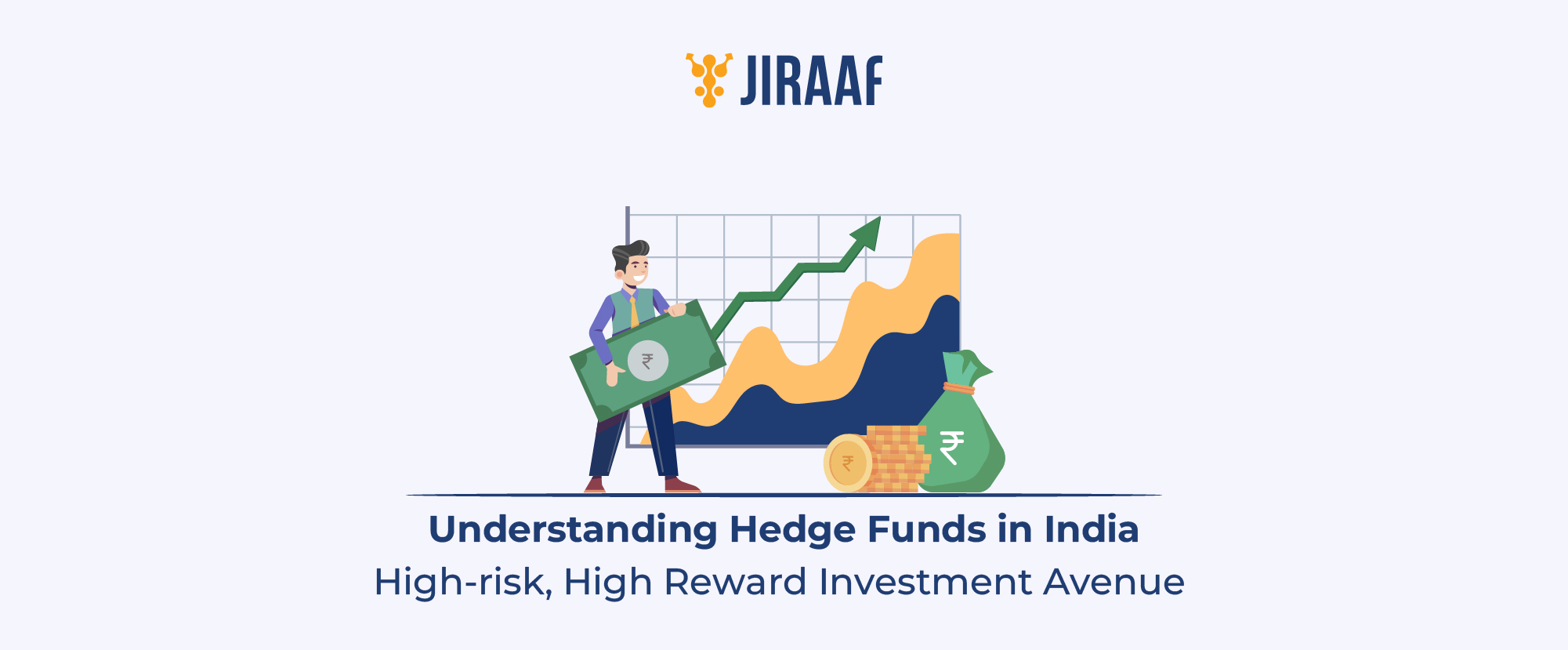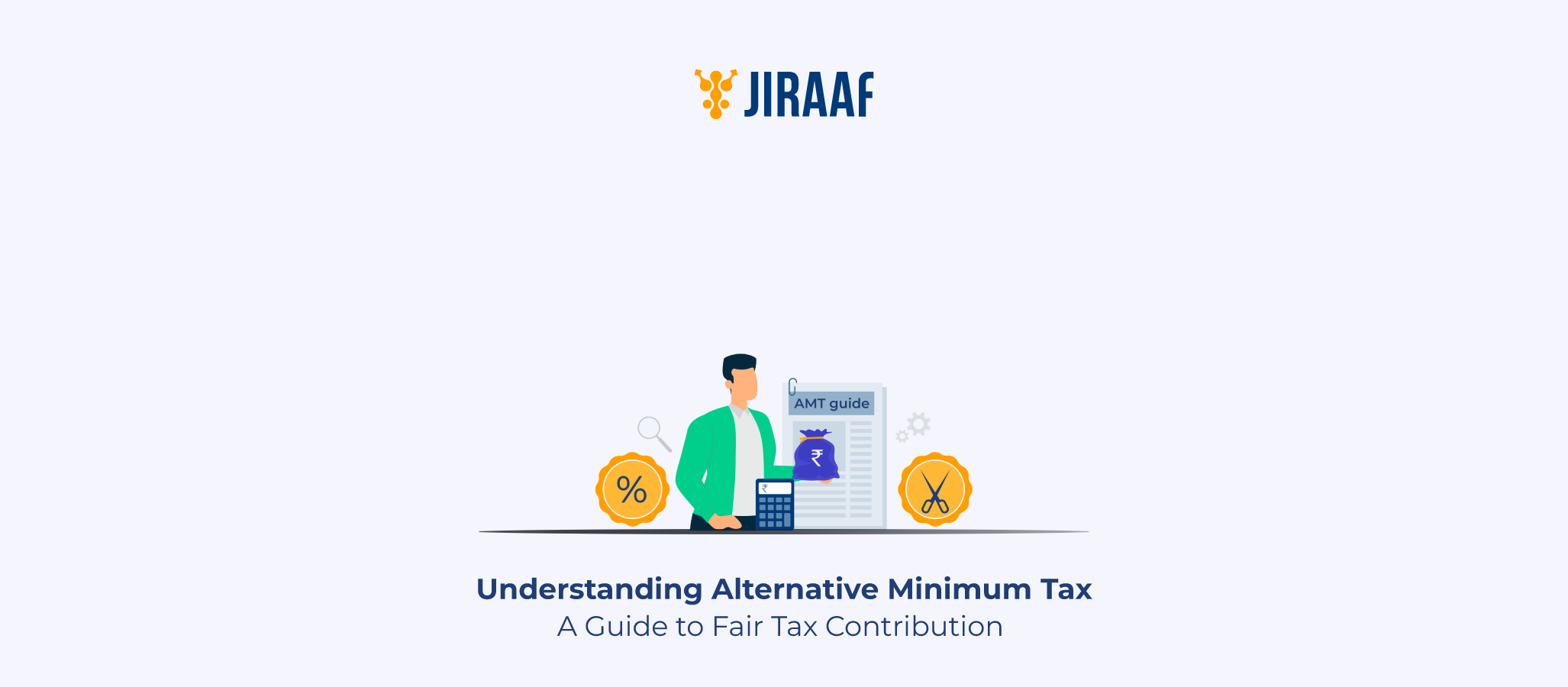Active mutual funds are built around expert judgment. Instead of simply mirroring an index, a professional manager studies markets, company finances, and economic trends to handpick investments with the aim of outperforming an overall market.
After investors pool their money, the manager puts it to work across stocks, bonds, or a blend of both. Holdings are monitored and adjusted as conditions change—selling weak performers and adding promising opportunities—so the portfolio stays on track with the fund’s goal.
Active Mutual Funds: Meaning
An active mutual fund is a professionally managed investment vehicle where a fund manager or team actively selects securities to outperform a chosen benchmark—like the Nifty 50 or Sensex. Active funds rely on research, market forecasts, and manager expertise to pick stocks or bonds. For investors, it means you’re paying for insight and judgment rather than just market exposure.
How do Active Mutual Funds Work?
Investors’ money is pooled and placed into a diversified basket of securities. The fund manager studies market conditions, economic data, and individual companies to decide where to invest. Positions are adjusted as markets move—selling assets that no longer fit and buying new opportunities. This constant monitoring and rebalancing aim to capture gains, limit losses, and outperform the benchmark index.
Key Features of Active Mutual Funds
Active mutual funds come with traits that set them apart from index-based options:
- Professional Management: Each fund is run by a qualified manager supported by analysts who study company balance sheets, industry trends, and macro data. Their goal is to actively choose investments that can beat the market, not just match it.
- Flexible Investment Strategy: Managers can shift across sectors, market caps, or even hold cash equivalent or highly liquid instruments when they see turbulence ahead. This ability to move quickly allows them to capture opportunities that a fixed index might miss.
- Higher Expense Ratios: Research teams, advanced data tools, and frequent trades mean operating costs are higher. These expenses are passed on to investors as management fees, which can reduce net returns if the fund doesn’t outperform.
- Benchmark Comparison: Each active fund sets a market index as its yardstick. Investors can easily see whether the manager’s decisions are adding value by comparing returns to this benchmark over time.
- Active Trading and Turnover: Holdings are often bought and sold more frequently, aiming to capitalize on short-term price movements or to exit weak positions. While this can boost gains, it may also increase transaction costs and tax liabilities.
- Research-Driven Decisions: Security selection is guided by detailed analysis—company earnings, competitive position, and economic indicators—rather than simply following an index weight.
- Concentrated Holdings: Instead of spreading money across hundreds of stocks, many active funds invest in a smaller group of companies they believe will perform best. If those picks do well, returns can rise faster—but if just a few do badly, the whole fund can feel the impact.
When these elements work in sync, they create the potential for market-beating returns—setting the stage for their biggest draw: the advantages of going active.
Advantages of Investing in Active Mutual Funds
The active approach offers several potential rewards if you’re comfortable with a bit more complexity:
- Managerial Flexibility: Skilled managers can quickly change course, reducing investments in areas that look weak or adding more to those expected to grow. This quick action can help protect your money during sudden market swings.
- Potential for Outperformance: Because managers aren’t bound to mirror an index, they can target stocks or bonds with higher growth potential. If their analysis proves correct, the fund may deliver returns that outpace the broader market. However, it’s important to note that a large majority of actively managed funds have historically struggled to beat their benchmarks over the long term after fees.
- Adaptive Strategy: Active funds can hedge positions, rotate into defensive sectors, or hold cash during downturns, offering a layer of risk management not available in many other funds.
- Quality Screening and Selection: Teams conduct rigorous fundamental research to filter out weaker companies, aiming to build a portfolio of businesses with strong balance sheets and durable growth prospects.
- Efficient Buy and Sell: Managers can act swiftly to capture short-lived opportunities or cut losses. Timely execution can preserve gains and limit downside during volatile periods.
- Access to Expertise: Investors benefit from the collective knowledge of experienced professionals, sophisticated tools, and global market insights—resources most individuals don’t have on their own.
Yet, every edge comes with a trade-off. The same active approach that can boost returns also carries its own set of risks.
Risks and Limitations of Active Mutual Funds
Active management also carries real drawbacks that investors should weigh:
- Higher Costs and Fees: Expense ratios are typically much higher than those of index funds. Over long periods, these costs can meaningfully erode returns, especially if the manager doesn’t consistently outperform.
- No Guarantee of Outperformance: Even with expert analysis, active funds can lag over their benchmark for years. Market conditions, incorrect calls, or unexpected events can all hurt performance.
- Manager Dependence: Results rely heavily on the skill and judgment of a specific team. A change in the lead manager or strategy can dramatically affect future returns.
- Market Timing and Human Error: Managers may mistime trades or misread trends, turning an intended advantage into a drag on the fund’s value.
- Tax Implications: Frequent buying and selling can generate short-term capital gains, which in India are taxed at 20% on equity-oriented mutual funds held for less than 1 year (effective from July 23, 2024). This can create a higher tax burden for investors compared to passive funds with lower turnover.
Balancing these factors helps you decide if active funds deserve a spot in your portfolio.
Final Takeaway: Should You Invest in Active Mutual Funds?
Active mutual funds can be a solid choice for investors who trust professional managers and can stay the course through market ups and downs. It is crucial, however, to acknowledge that long-term outperformance is not a guarantee and is statistically rare for a majority of funds. They reward patience, a clear view of risk, and the willingness to pay for expertise. If those pieces line up for you, adding an active fund can be a purposeful way to build long-term growth—and fit close to your investment plan.



